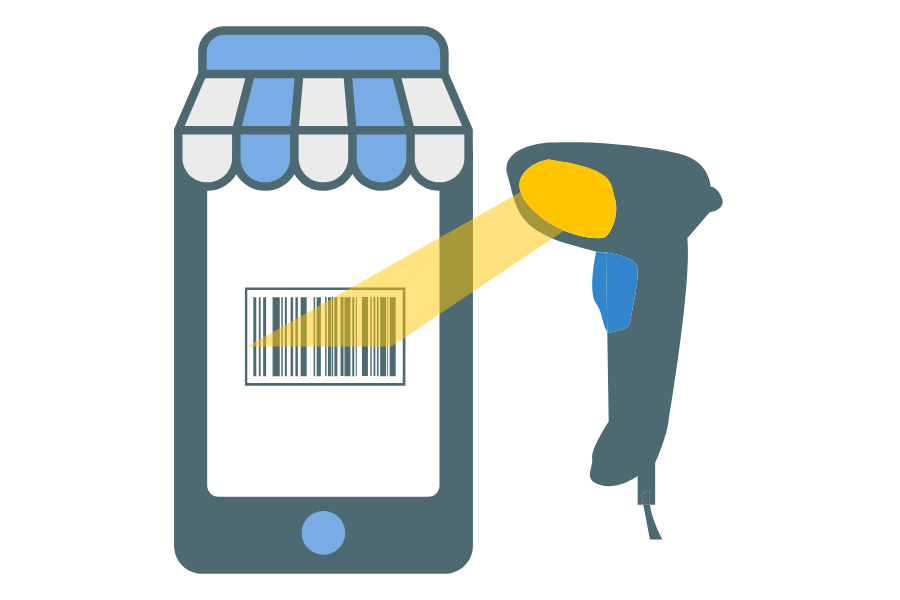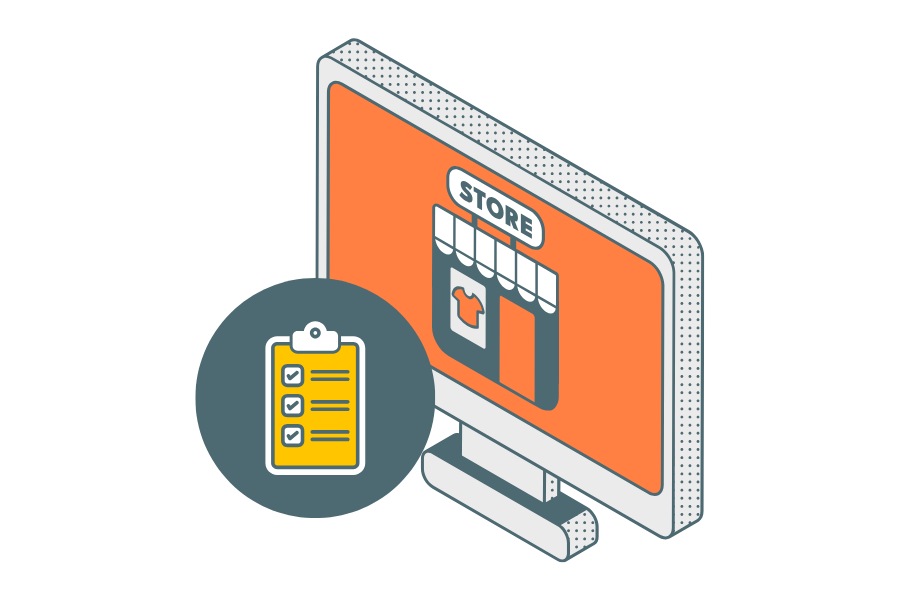How National Insurance Works for UK Sole Traders
If you run a small business as a sole trader, understanding National Insurance Contributions (NICs) is an important part of managing your finances and tax responsibilities. For those using accounting services in UK, knowing how NICs apply can help you plan your payments and maintain your entitlement to key state benefits.
This guide explains the latest rules for National Insurance for sole traders in the 2025/26 tax year, breaking down what you need to know to stay compliant and in control.
National Insurance Contributions Overview for Sole Traders
National Insurance funds state benefits such as the State Pension and Jobseeker’s Allowance. For sole traders, NICs mainly come as Class 2 and Class 4 contributions, with recent reforms simplifying the system from April 2024.
Class 2 National Insurance Contributions
- From 6 April 2024, mandatory Class 2 NICs were abolished for sole traders.
- If your profits exceed the Small Profits Threshold of £6,845 for 2025/26, you automatically receive National Insurance credits without paying Class 2 NICs. These credits protect your entitlement to benefits.
- If your profits are below £6,845, you can choose to pay voluntary Class 2 NICs at £3.50 per week. This helps maintain your National Insurance record and benefits eligibility.
Class 4 National Insurance Contributions
- Class 4 NICs are charged on your annual profits after expenses.
- You pay 6% on profits between £12,570 and £50,270.
- Profits over £50,270 are charged at 2%.
- These contributions are in addition to any voluntary Class 2 NICs you might pay.
✅ Still doing accounting the old way? Your competitors aren’t. Counto’s AI handles the boring stuff while experienced accountants ensure everything’s perfect. See the future of accounting here.
How to Pay Your National Insurance Contributions
- Both voluntary Class 2 and Class 4 NICs are paid through your annual Self Assessment tax return.
- You declare your profits on your tax return, and HMRC calculates the NICs due.
- Payments must be made by 31 January following the end of the tax year.
- Filing on time and reporting profits accurately will help you avoid penalties and keep your National Insurance record current.
Why National Insurance Matters for Sole Traders
- NICs contribute towards your eligibility for state benefits, including the State Pension.
- Knowing how NICs are calculated enables you to manage your cash flow and tax payments effectively.
- The removal of mandatory Class 2 NICs reduces costs for lower-profit sole traders while still protecting benefit entitlements through automatic credits or voluntary payments.
- Staying informed and meeting National Insurance deadlines is essential for compliance and securing your long-term benefits.
Summary
National Insurance is a key consideration for UK sole traders managing their tax and financial obligations. While mandatory Class 2 NICs were abolished in April 2024, those earning above the Small Profits Threshold receive automatic credits, and voluntary payments remain an option for those below it. Class 4 NICs continue to be payable on profits over £12,570 at specified rates. Both types are reported via the Self Assessment tax return, with payments due by 31 January after the tax year. Understanding these contributions helps you stay compliant and secure your entitlement to important state benefits.
Modern Accounting That Finally Gets Your Business
Running a small business means wearing too many hats. Your accounting shouldn’t add to that burden. Yet traditional bookkeeping services keep asking the same questions month after month.
Counto delivers outsourced accounting that gets smarter over time. Our AI platform learns your unique business patterns and automatically handles daily transactions, while expert accountants ensure everything’s accurate. With direct WhatsApp access to your Customer Success Manager, you get enterprise-level financial management without the enterprise price tag.
Experience accounting that works as hard as you do. Our small business clients cut bookkeeping time by hours and never miss a tax deadline. Ready for accounting that understands your business? To get started, speak to us directly on our chatbot, email [email protected] , or use our contact form.







